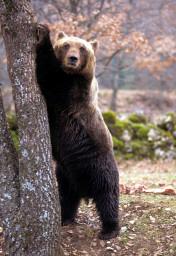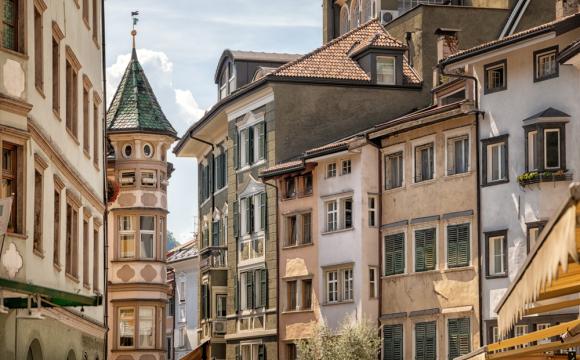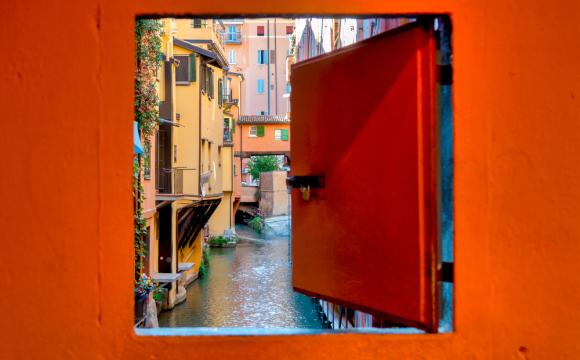Italian bears emerging from hibernation are still in danger despite the furore surrounding the poisoning of three specimens last year, a top animal protection group warned on Monday.
The Italian section of the World Wide Fund for Nature (WWF) said there had been few improvements in the five months since the animals were killed.
It cited a number of continuing problems, including the lack of checks in nature reserves and the wide availability of poisons and dangerous substances.
WWF also expressed concern at the apparent lack of progress in investigations into the death of the three bears. ''We are still waiting to know what conclusions investigators have reached, what has been done to punish the guilty and what steps have been taken to avoid a repetition of such crimes,'' the WWF said in a statement.
The poisoning of the three bears last autumn prompted public outrage but the WWF says little has changed since then. It wants tighter controls on the sale and possession of poisons, and penalties for farmers who release potentially lethal substances into the environment.
According to the WWF, thousands of animals are killed each year thanks to the free availability of pesticides and crop treatments.
While some deaths are accidental, pesticides and fertilizers are also mixed to create deliberately lethal cocktails.
The death of the bears drew most media attention but the WWF says many endangered species are at risk. Rare wolves, vultures, golden eagles and ravens have all been found poisoned over the last year. At the time of the bear deaths, Environment Minister Alfonso Pecoraro Scanio suggested they were part of an assault on national parks by speculators seeking land and linked the poisonings to an earlier spate of arson attacks on parkland.
One of the three bears, 'Bernardo', was an international celebrity, often pictured ambling into inhabited areas where villagers publicly made a fuss of him.
But other villagers were unhappy with incursions by Bernardo and his kin, claiming they were a menace. Farmers were even less amused by the bears' increasing encroachment, complaining of raided henhouses and uprooted crops.
However, Bernardo was thought to be safe from reprisals because of an international fund set up to compensate farmers.
There are believed to be less than 50 Apennine (or Marsican) brown bears left, protected in Italy's largest nature reserve, the Abruzzo National Park. The disappearance of high-mountain fodder and smallholdings has been one of the reasons why the bears have begun roaming further downhill, causing friction with humans.
Ironically, the Marsican brown bear is one of the most people-friendly in existence. Bernardo, one of the park's few adult males, was a figurehead in a recently launched drive to bring the Marsican bear back from the brink of extinction.
The Marsican (Ursus arctos marsicanus) is a subspecies of the brown bear. It lives exclusively in the central Italian Apennine mountains and, according to recent forestry corps's figures, only 45-50 remain in the wild. Wildlife experts say they want to take that number up to at least 100 ''to be sure we don't lose them''. Forest rangers have started boosting the variety of plant species in the forests the bears live in to make sure they have enough food all year around.
The authorities are also campaigning to raise local people's awareness of the need to respect the bears' habitat.
The program targets hunters too. Forest guards say Marsicans are often shot by hunters who claim to mistake them for wild boar, even though the bears are much larger.













